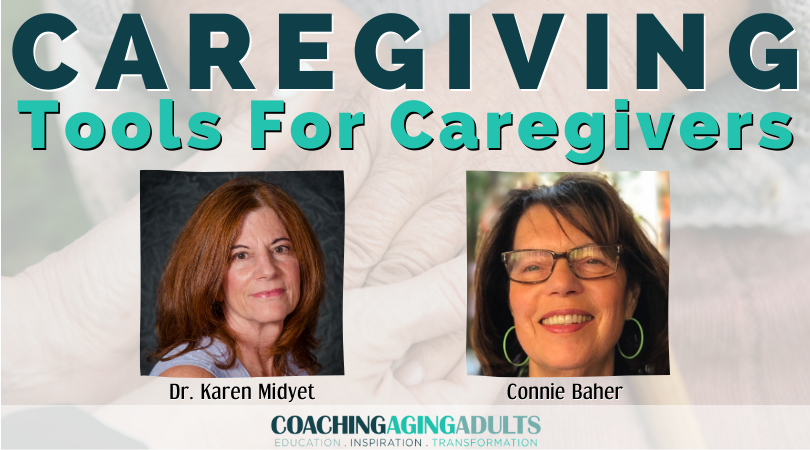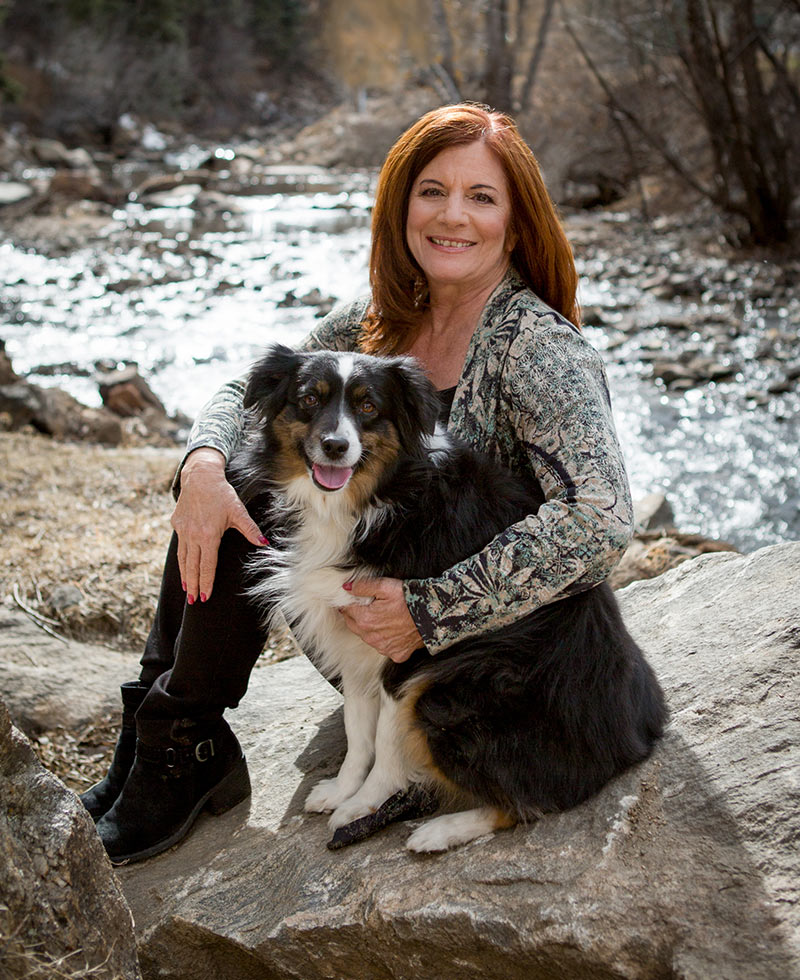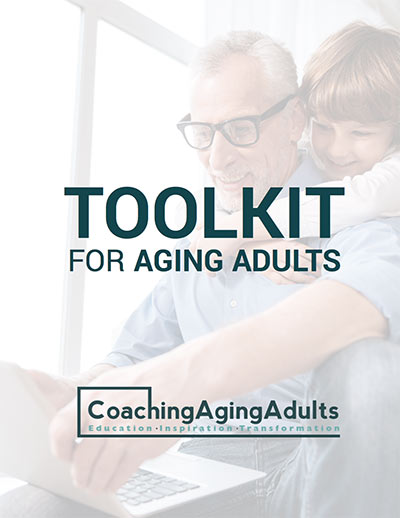In a live video featuring Dr. Karen Midyet and Connie Baher, author of Family Caregivers: An Emotional Survival Guide, the topic of caregiving takes center stage. Both experts shed light on the often-overlooked aspects of caregiving, including the emotional toll it takes on individuals. Caregiving can encompass various roles, such as caring for parents, spouses, or adult children with disabilities. The discussion highlights the importance of healing and maintaining relationships, as well as recognizing the signs of caregiver stress and burnout. This blog post delves deeper into their conversation, exploring the complexities of caregiving and offering insights on self-care and finding joy amidst the challenges.
Understanding the Caregiving Job Description
Baher presents a thought-provoking concept: the caregiving job description. She breaks down the role into various aspects, including the hours (initially part-time, but potentially expanding to 24/7), the lack of financial compensation, and the indefinite length of employment. Caregivers are responsible for managing medical, financial, legal, and daily activities, among other tasks. The job also encompasses end-of-life concerns and requires coordinating with medical staff, health aides, and potentially siblings.
Baher’s job description sheds light on the immense responsibilities that caregivers face, emphasizing the need for self-administered performance reviews and the occasional expression of gratitude. The ideal candidate possesses qualities such as patience, problem-solving skills, and the ability to sustain effort and recognize the ultimate purpose of this end-of-life engagement. The blog post highlights the significance of acknowledging the demanding nature of caregiving and appreciating the caregivers’ dedication.
Recognizing Caregiver Stress and Burnout
Dr. Midyet draws attention to the importance of recognizing the negative consequences and fallout from caregiving, particularly caregiver stress and burnout. She highlights the physical and emotional exhaustion that caregivers may experience. Feelings of overwhelm, detachment, increased irritability, anxiety, depression, and loss of interest in personal activities are common signs of caregiver stress. Neglecting personal needs, such as healthcare appointments and self-care practices, can further compound the caregiver’s challenges.
The post emphasizes the need for caregivers to pay attention to these signs and take action to prevent further decline. Caregivers should prioritize self-care and seek support to avoid jeopardizing their own health. By addressing these issues, caregivers can ensure their well-being and continue to provide effective care for their loved ones.
Finding Moments of Calm and Connection
Baher shares practical advice on finding moments of calm and connection as a caregiver. She suggests a simple yet powerful exercise to center oneself before engaging with the care recipient. Taking a deep breath and reflecting on the caregiving role, caregivers can embrace the values of compassion, admiration, recognition, and embrace. These qualities allow caregivers to rekindle their initial love and purpose.
Baher also highlights the importance of finding moments of joy amidst the challenges of caregiving. Engaging in activities that bring personal fulfillment and happiness can significantly impact the caregiver’s well-being. Whether it’s pursuing a hobby, spending time in nature, or connecting with friends and loved ones, these moments of respite provide a much-needed break from the demands of caregiving.
Dr. Midyet adds that caregivers should prioritize self-care as an essential part of their routine. This includes taking care of their physical health through exercise, proper nutrition, and regular check-ups. Additionally, caregivers should make time for activities that promote mental and emotional well-being, such as meditation, journaling, or seeking therapy. Taking breaks, even if it’s for short periods, can help prevent burnout and allow caregivers to recharge.
The Importance of Seeking Support
Both experts emphasize the significance of seeking support as a caregiver. This can come in various forms, including joining support groups, seeking professional counseling, or reaching out to friends and family for help. Connecting with others who understand the challenges of caregiving provides a valuable network of support and empathy.
Dr. Midyet also highlights the importance of setting boundaries and asking for assistance when needed. Many caregivers feel the pressure to do everything on their own, but it’s essential to recognize that it’s okay to ask for help. Delegating tasks and responsibilities to others can lighten the load and create a more sustainable caregiving arrangement.
Caregiving is a complex and demanding role that requires both emotional resilience and self-care. Recognizing the importance of healing relationships, understanding the scope of the caregiving job description, and acknowledging caregiver stress and burnout are crucial steps in navigating the challenges of caregiving.
Finding moments of calm, connection, and joy can bring renewed purpose and fulfillment to caregivers. Prioritizing self-care and seeking support from others are essential for maintaining their well-being. By taking care of themselves, caregivers can continue to provide the best possible care for their loved ones while preserving their own health and happiness.
The conversation between Dr. Karen Midyet and Connie Baher sheds light on the multifaceted aspects of caregiving and offers valuable insights for both caregivers and those who support them. With the right resources, support, and self-care practices in place, caregivers can navigate the challenges and find fulfillment in their important role.



